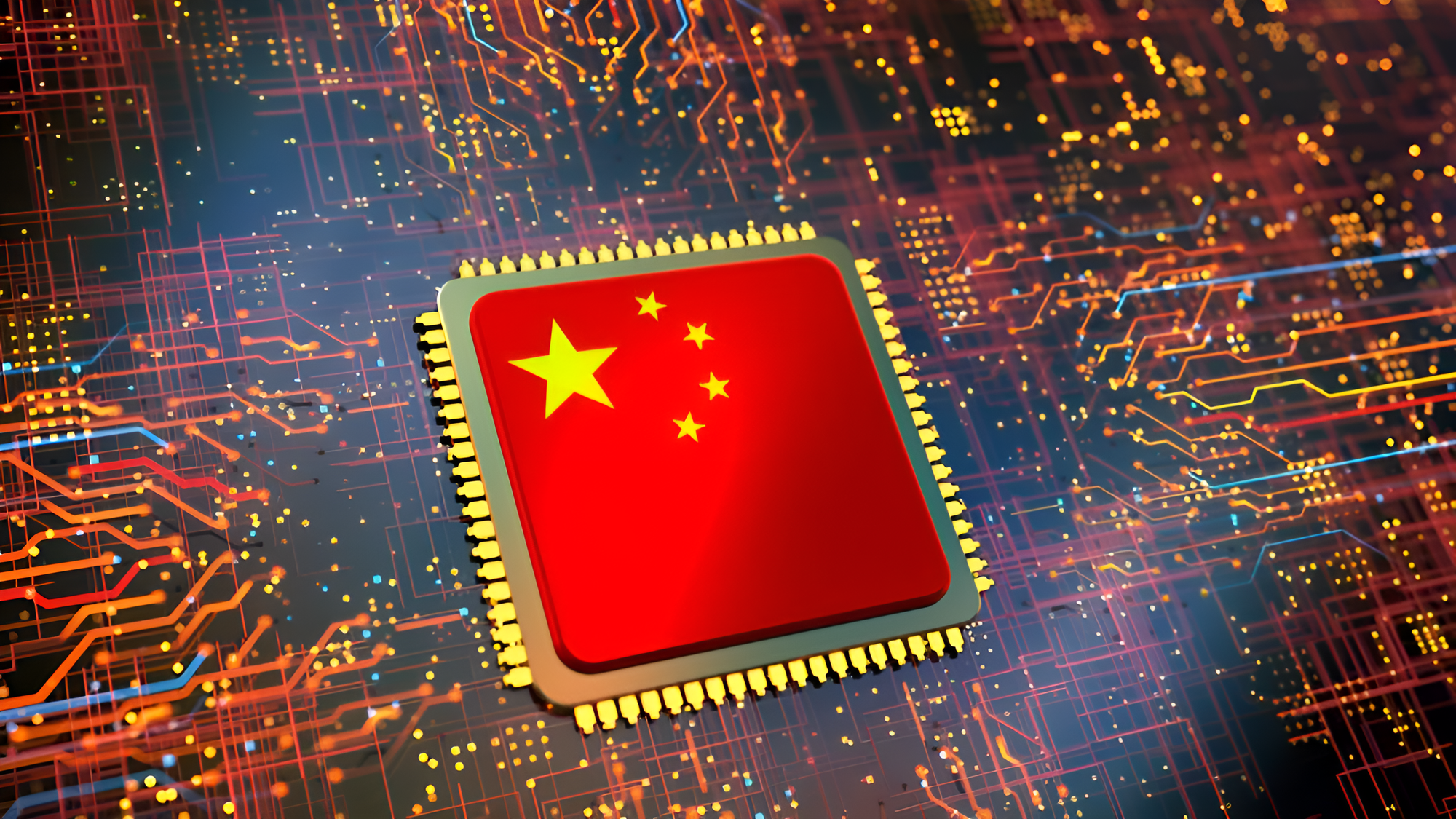Summary
US export restrictions force China’s biggest tech firms to accelerate their shift towards domestic AI chips
As US export restrictions tighten on advanced semiconductors, Chinese tech giants like Alibaba, Tencent, and Baidu are rapidly shifting their AI development away from Nvidia processors. With limited access to the crucial H20 chip, these firms are accelerating their adoption of domestic alternatives such as Huawei’s Ascend series. This shift signals a broader push for self-reliance in China’s AI ecosystem, driven by geopolitical tensions and urgent innovation needs.
Shift Away from Nvidia Accelerates
China’s leading technology firms are beginning the complex and challenging task of shifting their artificial intelligence (AI) development away from reliance on Nvidia chips, amid tightening US export controls and a limited supply of high-end processors.
Major players including Alibaba, Tencent, and Baidu have started testing domestic alternatives to Nvidia hardware to meet the soaring demand for AI capabilities—both internally and for clients—industry insiders have confirmed.
This move has taken on greater urgency following new US restrictions introduced last month under Donald Trump’s administration, further limiting access to Nvidia’s modified H20 chips, which were originally designed to comply with previous Biden-era rules.
A Race Against Time
According to sources familiar with the situation, Chinese companies only have enough Nvidia stockpiles to support their AI development until early next year.
As new chip orders typically take three to six months to arrive, it remains uncertain whether Nvidia will be able or willing to produce a new version of its chips that both adheres to the latest US rules and remains competitive with China's own semiconductors.
Domestic Innovation Gains Momentum
Baidu’s head of AI Cloud, Shen Dou, recently told analysts that the company is already exploring a range of chip alternatives for AI inference tasks.
“We believe that over time, domestically developed, self-sufficient chips, along with increasingly efficient homegrown software stacks, will jointly form a strong foundation for long-term innovation in China’s AI ecosystem,” he said.
Alibaba CEO Eddie Wu echoed this strategy during an earnings call, saying the group is "actively exploring diversified solutions" to meet rising demand from customers.
Tencent president Martin Lau added that the company is focusing on using its current chip stock more efficiently while keeping its options open for other hardware:
“We should have enough high-end chips to continue training our models for a few more generations. We could potentially make use of other chips for inference as demand grows.”
Huawei’s Ascend Chips Take the Spotlight
A think-tank linked to China’s state security ministry commented this month that while US sanctions were painful, they had also "sparked a surge in independent innovation", with Huawei’s Ascend chip series emerging as a key domestic alternative.
The China Institutes of Contemporary International Relations stated in a recent social media post that domestic entities had already begun large-scale procurement and use of Ascend chips.
Until now, the main buyers of Huawei’s chips have been state-owned companies such as China Mobile, or organisations in strategic sectors like defence, healthcare, and finance. However, a wider range of Chinese tech firms is now expected to compete for access to Huawei’s hardware, positioning it as a national champion in AI chip development.
Conclusion
As access to Nvidia’s technology becomes increasingly uncertain, China’s tech giants are being pushed to invest heavily in homegrown solutions. While the road ahead is uncertain, it is clear that the future of Chinese AI will increasingly rely on domestically produced chips and software innovations.



















Discussion